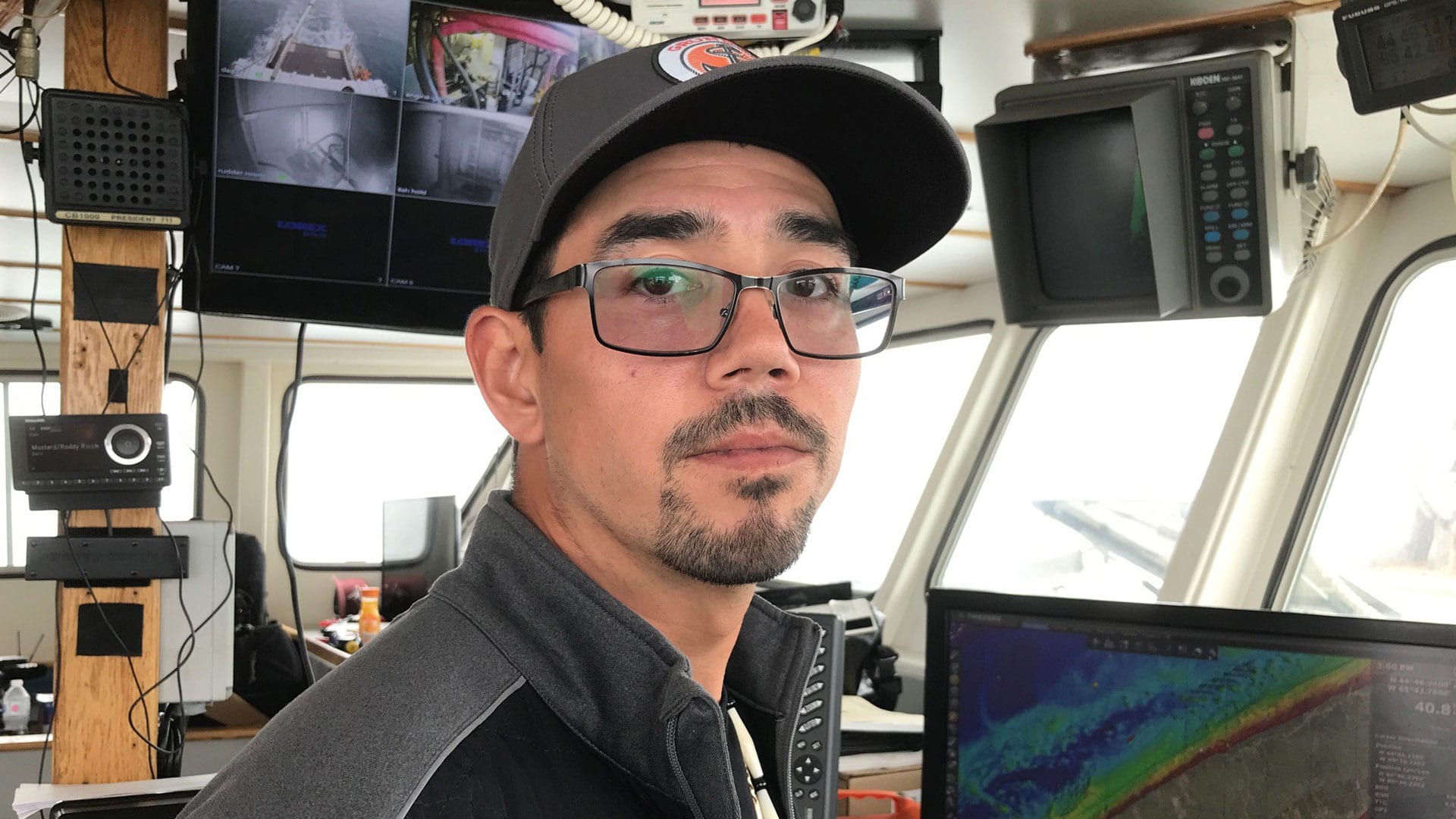Mi’kmaw fishers were harvesting baby eels, known as elvers, when the Department of Fisheries and Oceans (DFO) conservation officers showed up.
Jordon Chasse, of Sipekne’katik First Nation, and four other Mi’kmaw fishers, say they were fishing for a moderate livelihood.
“They just showed up and I told them I didn’t have a fishing license and we were moderate livelihood fishing,” Chasse says.
What happened to Chasse and his fellow harvesters may sound familiar.
Twenty year ago, Donald Marshall Jr. was fishing eels when he was charged for fishing without a license.
The case went to the Supreme Court of Canada, and in 1999, the court upheld the treaty right that the Mi’kmaw had a right to fish to earn a moderate livelihood. The case is known as the Marshall Decision.
“So them coming after us for the same thing 22 years later is just outrageous, it is negligent and disrespectful towards Mi’kmaw people because they are contradicting themselves,” says Chasse.
Chasse and the other fishers received an appearance of notice from the officers. The alleged offence is unauthorized fishing.
“You’ve got the Supreme Court telling us one thing that it’s okay to fish without a licence whether it’s in season or not, then you got DFO which is a government department saying that we’re not allowed to fish so it’s very negligent and abusive basically,” says Chasse.
Read More:
Matt Cope of Millbrook First Nation, Harvested lobster last summer for a moderate livelihood.
The fisheries officers seized over 100 of Cope’s lobster traps, as evidence.
“Them taking our gear under the ruse of investigational purposes when they knew form the start that they’re being fished under moderate livelihood,” says Cope.
Yesterday, Cope called the fishery office in Digby about his traps and he found out the DFO is laying charges, fishing without a license, during a closed season, in a closed area.
And he still doesn’t have his traps back.
“So now not only are they hindering me from pursuing a moderate livelihood, which has been affirmed in the Donald Marshall case but they’re preventing me from fishing in general because they refuse to give my traps back,” says Cope.

The DFO also seized Chasse’s gear and catch, and his truck, as evidence.
“I’m a full-time fisherman so this is how I support myself and my family as well, it’s how I put food on the table so them getting in the way of that is really upsetting for sure,” says Chasse.
The DFO didn’t respond to a request for comment before deadline.
But in a press release Thursday, they announced additional protections for inshore fishermen on the east coast.
Meanwhile, Chasse is to appear in Nova Scotia Provincial court in September. Cope is to appear in Digby Provincial court in July.










